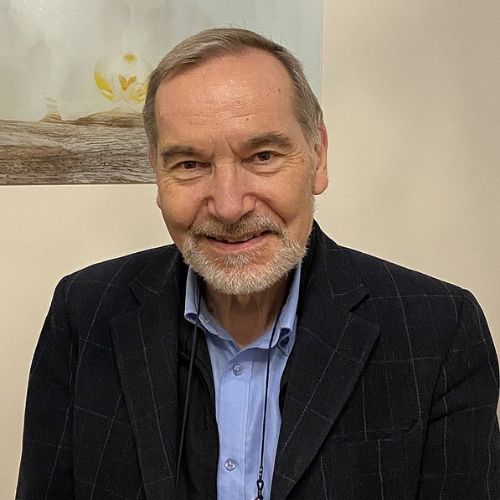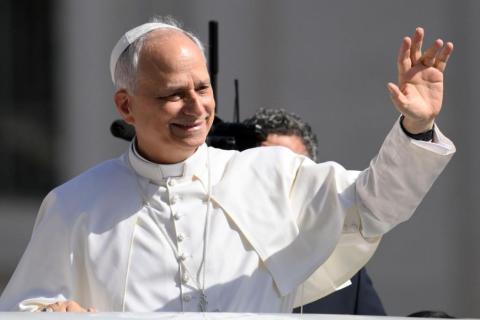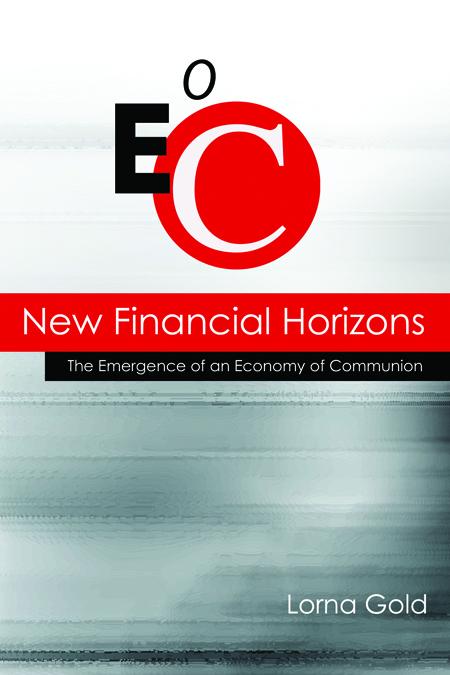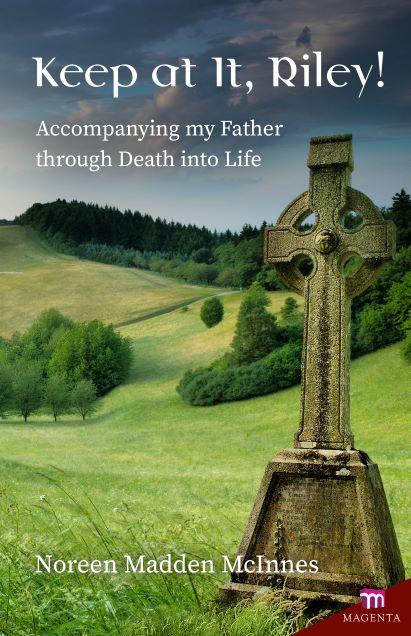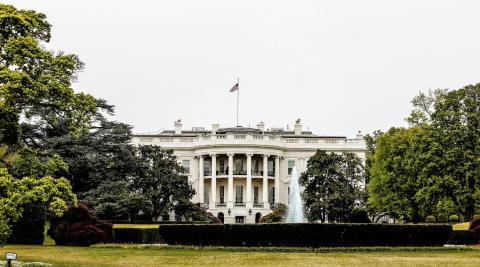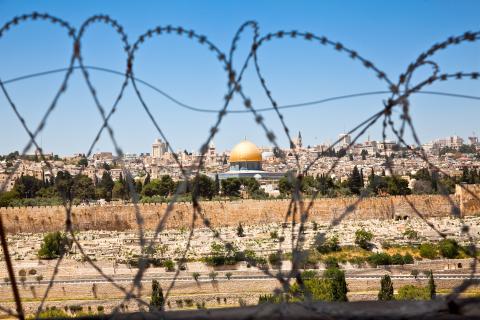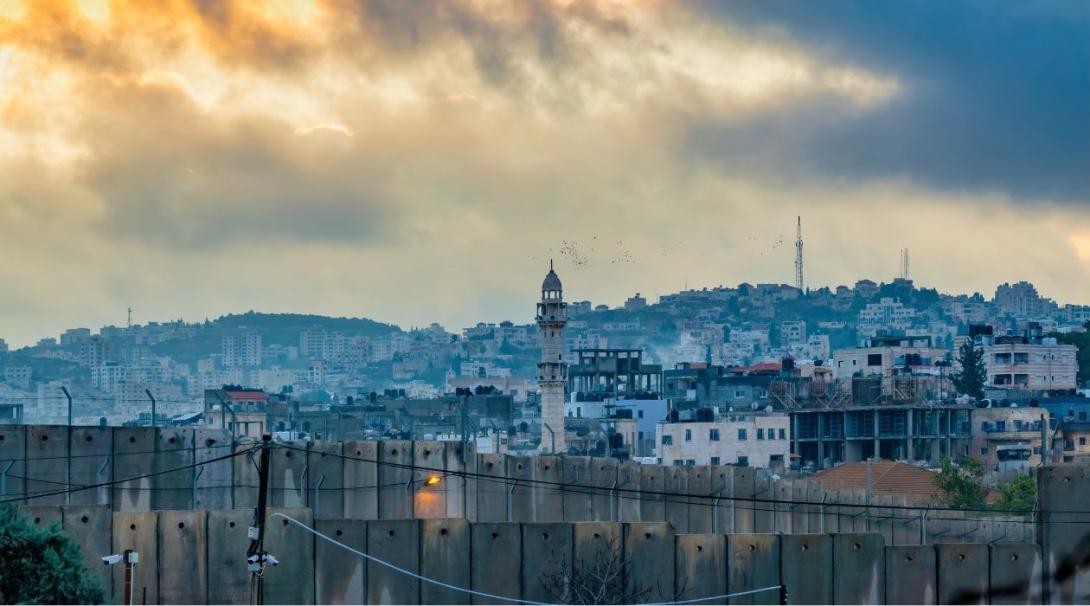
Photo by Benedek from Getty Images Signature
Several years ago, I could have obtained US citizenship. But at the time, this would only have been possible if I had surrendered my German passport. I didn’t want to do that, and I am still glad that I didn’t. Because I want to talk to Jews as a German and talk to Germans as a German—especially when it comes to Israel. And there is more than enough to talk about!
Germany and Israel are bound together in a way that perhaps no two other countries in the world are. The murder of 6,000,000 Jews in Europe with the aim of exterminating the Jewish people and Judaism was an unprecedented betrayal of all civilized values. If history is not to repeat itself, the memory of the Shoah must be kept alive and have consequences for our attitudes and actions today.
I stand with Israel as a German. I am also a Christian who loves the Jewish people. But what does it mean today to stand with Israel?
‘Never again’ means ‘never again the Shoah,’ but it also means ‘never again may human rights be denied.’ There are no different standards when it comes to human dignity. It applies equally to everyone.
We are not doing anyone any favors—including Israel and our Jewish friends—if we simply regard everything Israel does as justified. “Never again” means “never again the Shoah,” but it also means “never again may human rights be denied.” There are no different standards when it comes to human dignity. It applies equally to everyone.
It therefore seems important to me to observe and describe what is happening right now—unvarnished and without closing our eyes. The Hamas attack on Israel on October 7, 2023, in which 1,200 people were killed, more than 3,000 injured, and around 250 taken hostage, involved a series of unspeakable atrocities. There is no doubt that Israel has the right to defend itself, and there is no doubt that the attacks on Gaza were a response to this. But in the meantime, as many as 60,000 Gazans have died, among them a majority of civilians, including more than 18,000 children. This raises the question of proportionality, above all else.
Israel’s refusal to allow even remotely sufficient aid into Gaza and its plans to forcibly relocate Palestinians or imprison hundreds of thousands of them in a “humanitarian city” on the ruins of Rafah are completely unacceptable. All of this is incompatible with international law and human dignity.
After October 7, Israel attacked other Iran-backed groups in other countries in addition to Hamas, in some cases severely weakening them: Hezbollah in Lebanon, the Houthis in Yemen, and finally Iran itself. Here, too, the question must be asked whether proportionality was maintained. Fighting enemy militias that fire rockets at Israel almost daily is legitimate, but in Lebanon, many people who had nothing to do with Hezbollah lost their lives. The same applies in Yemen. Wanting to eliminate Iran’s nuclear program may be justified, but bombing Evin Prison in Tehran, where opponents of the regime were also being held, certainly was not.
Since the fall of the Assad regime in Syria, Israel has repeatedly intervened militarily there, as well, according to its own statements to protect Israel’s borders and minorities such as the Druze.
I also note with regret that Jewish settlers, especially in the West Bank, are increasingly resorting to violence against Palestinians, encouraged by their government and army. They are attacking entire villages—Muslim and Christian alike. In mid-July, leaders from six churches, including Greek Orthodox Patriarch Theophilos III and Latin Patriarch Cardinal Pierbattista Pizzaballa, gathered in the Christian village of Taibeh to draw the world’s attention to the violence of the settlers.
I have to learn to tolerate ambiguity. I want to carry both sides in my heart. This means never seeing only the pain of one side and overlooking or denying that of the other.
All of this should be addressed—but it has so far been done only hesitantly. At the same time, it’s important to take a firm stand against holding “the Jews”—no matter where in the world—responsible for Israel’s actions. It is unacceptable that Jews in Germany, France, the US, and many other countries no longer feel safe, are attacked, or even killed. We should also not overlook the fact that there are massive reservations and regular demonstrations against the policies of Benjamin Netanyahu’s government in Israel itself. It is therefore not even fair to hold “all of Israel” responsible.
Finally, I do not consider it productive to throw around big words like “apartheid” or “genocide” when criticizing Israel. When used so broadly, they are problematic and ultimately help Netanyahu’s government, because it can indignantly reject these accusations.
We all prefer clarity over ambiguity. However, a simple division into good and evil is just as wrong when it comes to the Middle East as a hasty equation of the actors involved: Israel is a country with a strong civil society that fights for democracy, which is repeatedly threatened. For the Palestinians, Hamas has so far successfully prevented something similar.
I have to learn to tolerate ambiguity. I want to carry both sides in my heart. This means never seeing only the pain of one side and overlooking or denying that of the other.
It is impossible to predict how things will develop and how peace can be achieved in Israel and Palestine. In the meantime, various groups are making efforts to address the situation in concrete terms. These include, for example, “Standing Together,” a grassroots organization, “B’Tselem—The Israeli Information Center for Human Rights in the Occupied Territories,” and “Rabbis for Human Rights.” I try to pay attention to even the small, inconspicuous initiatives that are looking for sustainable solutions off the beaten track, even if they have no chance of being realized in the foreseeable future.
One such peace organization has been formed around two women, Rula Hardal, an Israeli Palestinian, and May Pundak, a Jewish Israeli. It is called “A Land for All” and is committed to making Israel and Palestine a federal state with equal rights for all its inhabitants. In their view of a two-state solution, they are striving for a federal state with separate and shared areas for Jews and Palestinians that guarantees human dignity for everyone.
Perhaps it is this mixture that the Middle East needs: an (as far as possible) unbiased view of what is happening; a loving view of those involved, and the courage to envision a humane future for all.
******
This article sparked thoughtful Letters to the Editor. We invite you to share your own reflections and experiences with us as well.
“It’s very hard for Lebanese members of the Focolare movement to read your article. As one of them I honestly think you should insist that this is your opinion and not that of the Focolare movement. From the other side of the world, we urge everyone to be seeking justice and not to be looking for what side to be with, as this is not a usual conflict but something deeper that should scare everyone in the world. If things like what is happening now are allowed today in our region, what will keep it from happening anywhere else in the world? Seeking justice for all peoples throughout history helps us look forward towards peace with less bias, knowing that most of us know just what their media has been telling them over and over since 1948.”
Marianne N. (Lebanon)
↳Dear Marianne,Thank you for your response. I am very sorry that my article hurt you. It does not represent any official position of the Focolare Movement or any other organization, but it is a fruit of serious personal reflection, based on my decades of experience as a German, a historian of Jewish history, a Christian engaged in interreligious dialogue, and a long-time member of the Focolare Movement. I said that I stand with Israel, but then I immediately tried to clarify that this does not mean in any way approval of Israel's present and former policies and actions. The suffering of people in Gaza, Lebanon, and elsewhere in the Middle East, including Israel, is indescribable. It is difficult to carry all of this in our hearts and in our minds. I try to do it but sometimes it seems almost impossible, especially when we are personally involved. In spite of everything, we can still try to fight for justice and dignity for every human being. This was and is my intention. I am deeply sorry if the way I expressed these ideas has caused additional pain to you. I hope we can share these goals and in our different positions work for a better world.
Joseph Sievers
“As a Jew supportive of Israel and also a long-time activist in interreligious dialogue, I consider Dr. Sievers’s comments to represent a fundamental approach to the tragic situation involving the Gaza conflict, the horror that led to it, the brutal intensity of Netanyahu’s led Israel—which instead of a deserved moderate response has become a massive destruction offense with brutal consequences on the local population (destruction, death and famine) and unforseeable longer term consequences for all, including negative perceptions of Israel and increased antisemitism worldwide. May the increasing opposition within Israel to the right-wing and ultra-religious government, and hopefully the action of enlightened neighboring Arab leaders act to release the hostages, curtail Hamas and facilitate the coming about of a peaceful and truly democratic Palestine that can coexist with Israel.”
Carlos Barbouth (Los Angeles, California)


